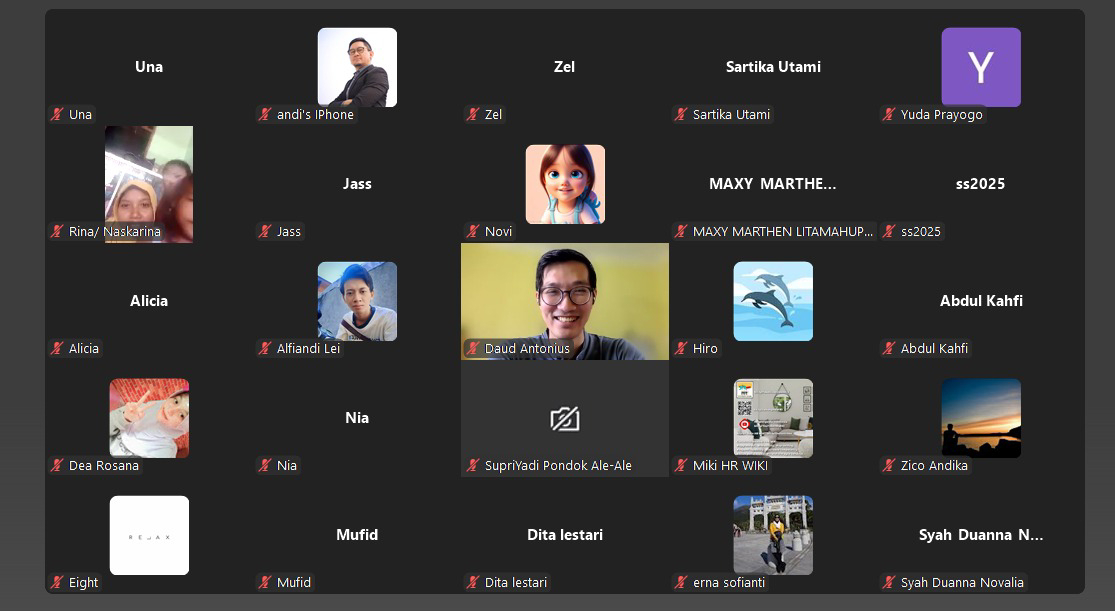🌫️ 1. Acknowledge and Calm Yourself
✅Don't fight the confusion and boredom, but realize and give it space.
✅Write: "Right now I feel confused and my life feels stuck, and that is a phase towards self-maturity"
✅Take a deep breath: inhale 4 seconds - hold 4 seconds - exhale 6 seconds. Repeat 5 times.
🧭 2. Ask Yourself: What Do You Really Want?
Write down the answer:
✅What little things have I been interested in or curious about lately?
✅When was the last time I felt my life had meaning?
✅If there were no money or time limits, what would I want to do?
🔄 3. Break the Same Old Pattern
Sometimes life gets boring because we are in a routine that dulls our feelings.
Try changing:
✅Wake up time
✅Common route
✅Common music
Daily activities (e.g. add 20 minutes of walking in the morning without your phone)
🔎 4. Explore New Things (Small at First)
Life goals often come from exploration, not from constant thinking.
✅Read new books/topics (psychology, religion, fiction, biographies)
✅Take a free online class or training
✅Meet new people, even just chat with the coffee guy
✍️ 5. Start a Reflection Journal
✅Write for 5–10 minutes every night:
✅What am I grateful for today?
✅What little things made me smile?
✅What can I do tomorrow, even if it's just 1 small step?
🧘♂️ 6. Take Care of Your Body and Mind
Physical health has a big impact on your direction and enthusiasm for life:
✅Get enough sleep
✅Drink enough warm water
✅Reduce screen time
✅Move your body (walk for 15–30 minutes)
🔥 7. Find Small Challenges and Meaning
Find something that is:
A little challenging (learn a new skill, complete a small task)
Beneficial to others (help a sibling, chat with your parents, post something positive)
💬 If You’re Still Stuck: Talk
Don’t hesitate to talk to:
✅Someone you trust
✅A mentor, teacher, or counselor
Remember:
* Make a Progress, not perfection: Don't expect an instant fix. Getting unstuck is a process.
* Be patient with yourself: There will be good days and bad days.
* Celebrate small wins: Acknowledge and appreciate every step you take forward.
By implementing these strategies, you can gradually move from feeling stuck to feeling empowered, purposeful, and ready to embrace new possibilities.


